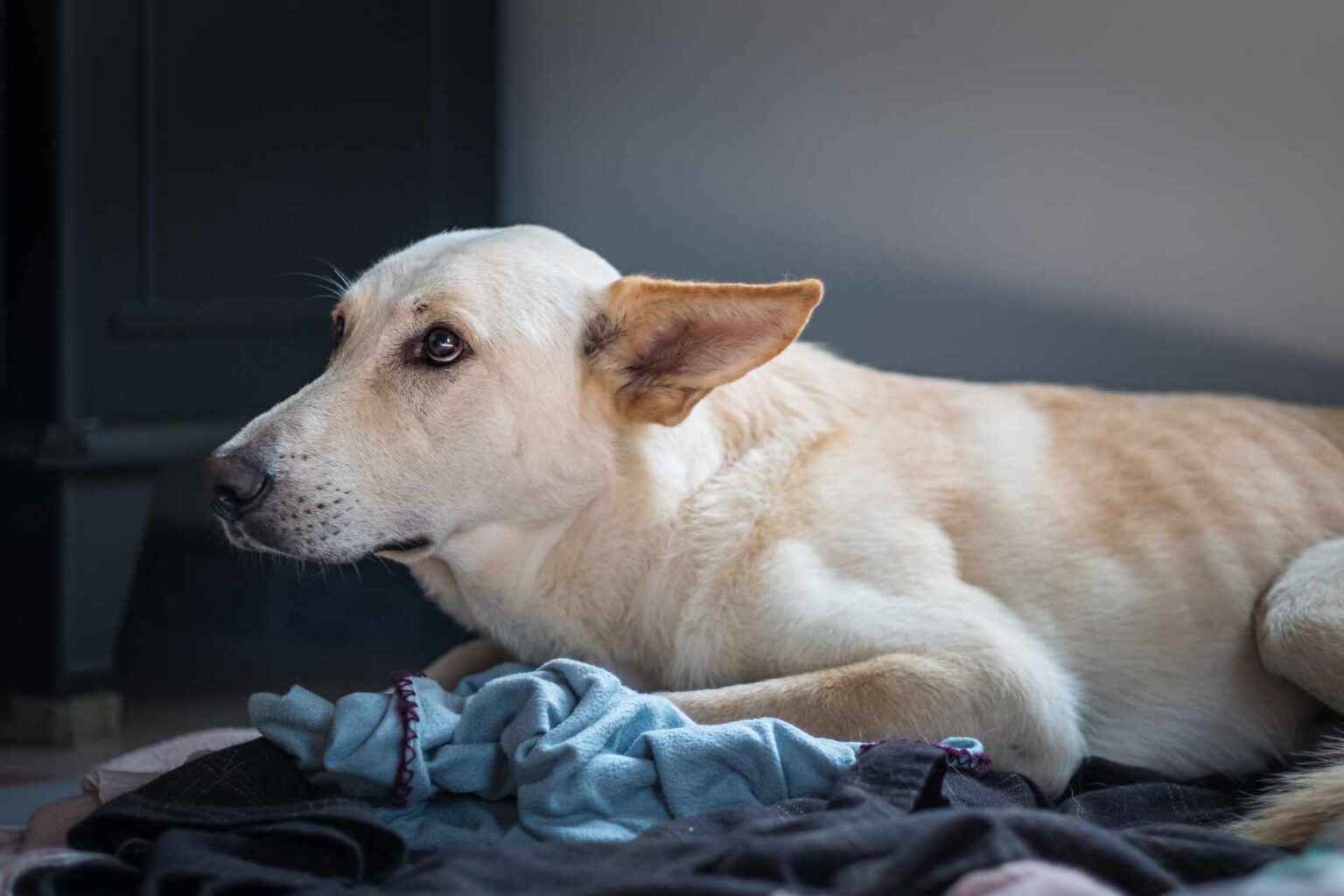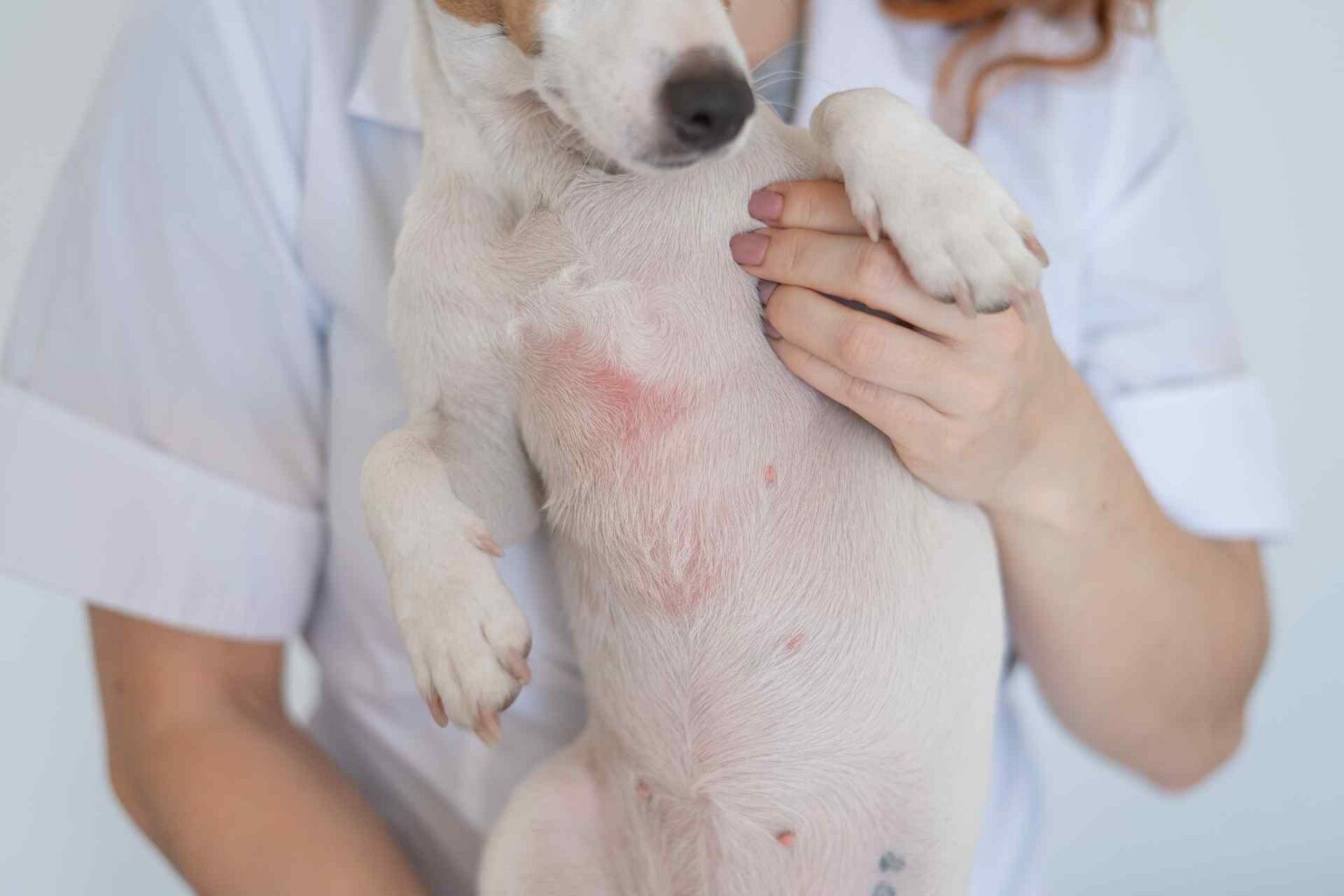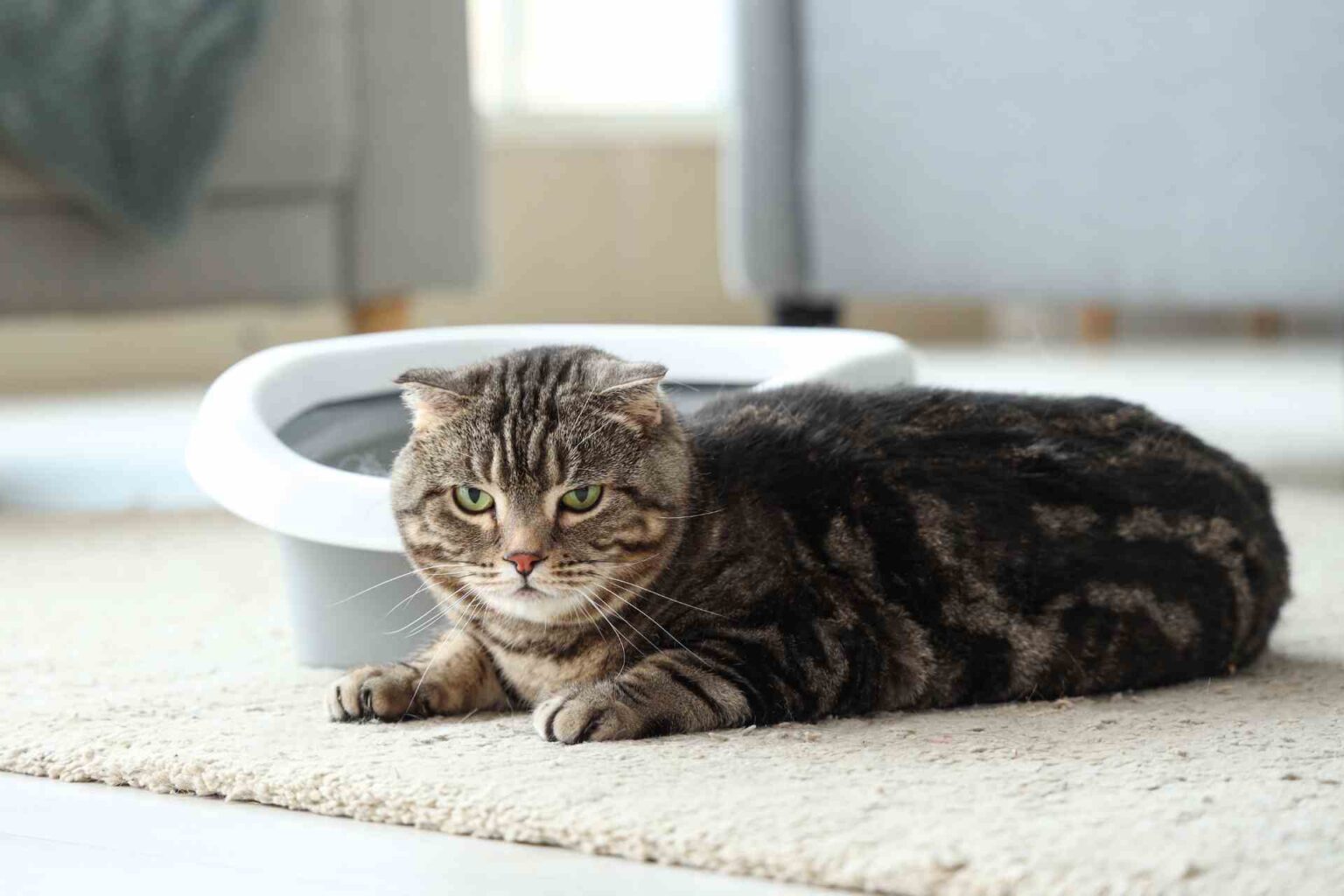Published in the journal Bioscience of Microbiota, Food and Health, a Japanese study confirms the clinical benefits of the procedure
In dogs, inflammatory bow el disease (IBD) is a frequent cause of chronic and recurrent intestinal disorders. The motives are not known, but a complex interplay between genetics, immune disorders, and environmental factors is believed to be at play, with a far from minor role being attributed to an altered set-up of the gut microbiota.
In recent times, in the wake of human studies, fecal microbiota transplantation has been evaluated as a possible treatment for various gastrointestinal diseases in veterinary settings as well. Currently in humans it is considered an effective approach to recurrent Clostridioides difficile infection and has been tested in other forms including IBD, but in dogs, studies on fecal microbiota transplantation as a treatment for inflammatory bowel disease are still few.
Thus, the results of an experimental study conducted at Nippon Veterinary and Life Science University in Tokyo, published in the journal Bioscience of Microbiota, Food and Health, appear particularly interesting.
The fecal transplantation option
The Japanese center had already found the long-term clinical benefits and safety of fecal microbiota transplantation in a dog with IBD. This time, the trial involved nine dogs (6 males and 3 females of various breeds from 7 to 12 years of age) with clinical signs of chronic gastrointestinal disease–vomiting, diarrhea, weight loss, hypoalbuminemia, ascites–and a diagnosis of IBD confirmed on histological examination after exclusion of enteropathy responsive to food or antibiotics.
Coming to the results, as early as three days after transplantation, marked clinical improvement was noted without the occurrence of adverse events.
In statistical terms, assessed by a special questionnaire based on six criteria–attitude/activity, appetite, vomiting, stool consistency, frequency of evacuations, weight loss–the Canine Inflammatory Bowel Disease Activity Index (CIBDAI) showed significant improvement post-transplantation (p <0.05 for all parameters considered).
For its part, analysis of microbiota composition also revealed a number of changes after transplantation. Before surgery, in dogs with IBD the main phyla were Firmicutes and Proteobacteria, while in donor dogs the proportion of Actinobacteria, Tenericutes and Proteobacteria was low and the main phyla were Bacteroidetes, Firmicutes and Fusobacteria. As the authors of the report point out, in dogs with IBD, the proportion of Fusobacteria was lower before fecal microbiota transplantation but increased significantly after the procedure (p<0.05) to the same relative amount as donor dogs.
Facets of Fusobacterium
As is pointed out in the report, analysis of the microbiota before and after transplantation suggests thata low proportion of Fusobacteria is a defining characteristic of IBD in dogs. Fusobacterium produces butyric acid, which contributes to the maintenance of various colon functions and is a protective factor in the face of colo-rectal cancer risk. In contrast, several studies believe that Fusobacterium is also a pathogen with pro-inflammatory activity and may result in T-cell downregulation, increasing the risk of colo-rectal carcinoma in humans and mice. In the dog, however, a low proportion of Fusobacterium represents a specific trait of IBD. As a rule, its proportion in the microbiota is higher in dogs than in humans and other animals, but it is precisely on the role of this multifaceted bacterium and its proportions in the face of IBD that the Japanese authors hope future investigations will be conducted.
Meanwhile, although in many cases the procedure needs to be repeated every two to three weeks, the Japanese study qualifies fecal microbiota transplantation as an effective option in the treatment of dog IBD.
Reference
SourceNiina A, Kibe R, Suzuki R, et al. Fecal microbiota transplantation as a new treatment for canine inflammatory bowel disease. Biosci Microbiota Food Health. 2021;40(2):98-104. doi:10.12938/bmfh.2020-049











